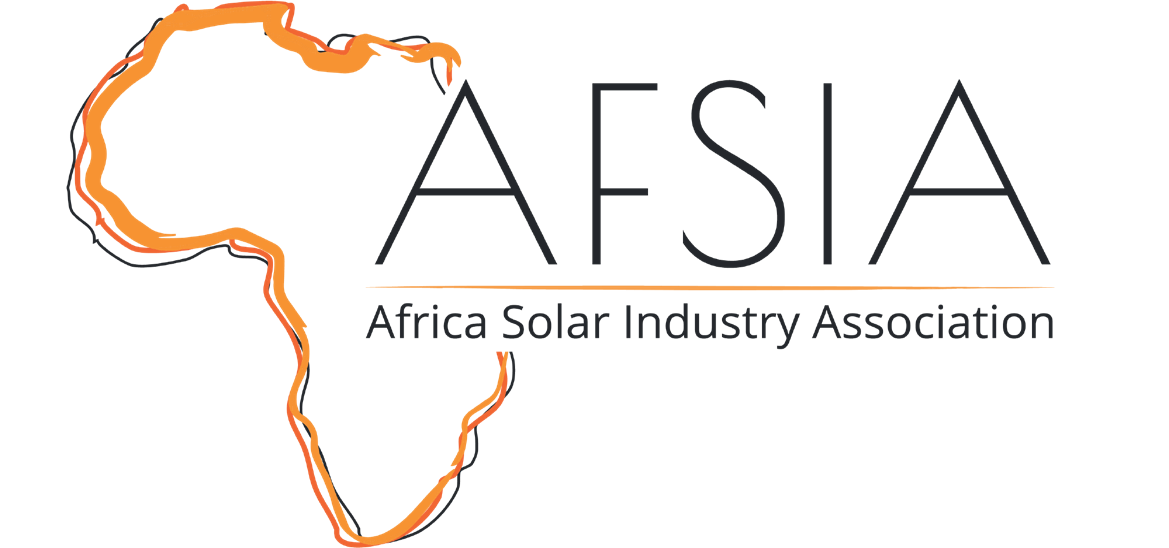In the AFSIA’s “Who’s Who” series we ask a few questions to individuals who are shaping the industry. This month we ask Michael Lappin about his career and most notable moments in the solar industry.
1. What is your role at your company and what does this entail?
I am responsible for the South African Cape and SADC regions sales strategy and implementation while looking after Cape Town operations.
2. How did you start your journey in the solar industry?
I started my journey into the solar industry by working for a solar design and installation company in Nairobi, Kenya. The business focused on off-grid hotels and wildlife sanctuaries throughout Kenya.
3. Tell us about your most memorable moment in solar
This happened in 2018 when there were massive floods around Kenya. We had a client who looked after anti-poaching rangers in the Tsavo region in Kenya, and their camp was flooded when the riverbanks burst. There was no power to the camp and we needed to restore it in order to get the communications repeater running due to the poachers in the area.
We already had a battery and inverter rig set up for 5kW of peak power. We quickly dispatched this inverter unit and connected it to the washed-away camp and got power back up and running for the anti-poaching teams to continue their much-needed work in protecting the elephants in this game reserve.
4. If you could impact or change one thing in solar in Africa, what would that be?
If I could change one thing, it would be that African governments embrace solar production and reduce all customs tariffs and duties into each country.
I feel this is currently a significant barrier to solar growth in Africa. If we had reduced duties and taxes on Solar into Africa, it would greatly reduce both the cost and difficulty of importing solar products into these regions that so desperately need sustainable energy.
5. How do you see the African solar market evolve in the next 12 months?
I see the African solar market picking up installations aggressively as several projects were put on hold due to Covid19. The market will be tough and will be very price-driven as pockets are hurting post Covid19. An oversupply is now available. The African solar market is slowly becoming more sophisticated with installers going to accredited training institutions to provide better service levels and product designs to their customers.



